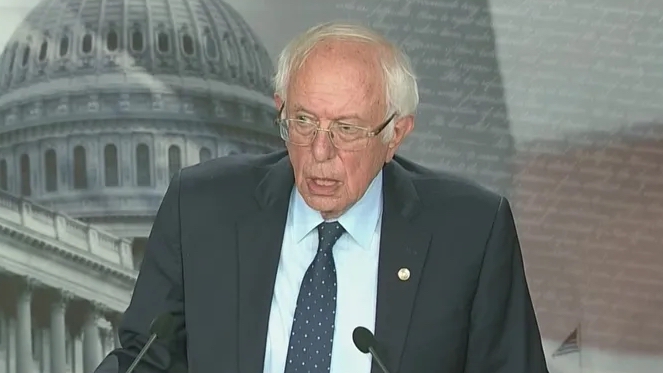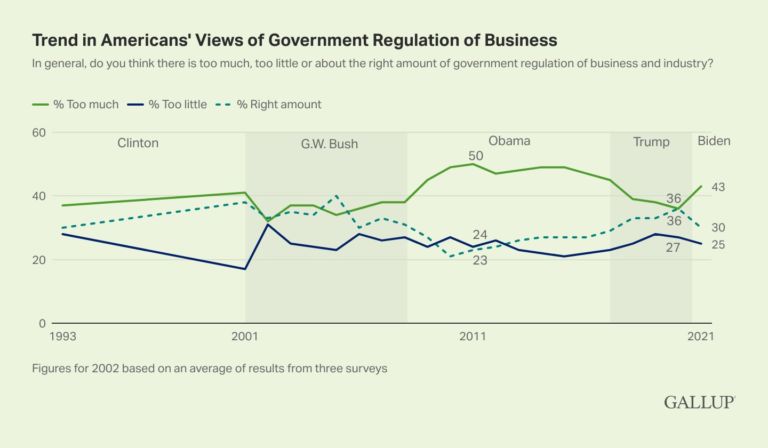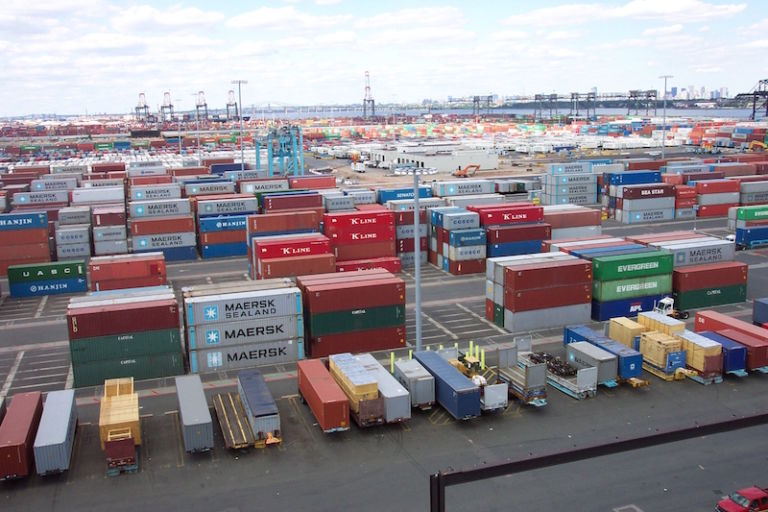Kevin Williamson‘s latest column at National Review Online probes the limits of dictatorial power.
Recep Tayyip Erdo?an is learning a lesson that history has taught, sometimes harshly, to many men of his kind in the past: Tyrants have power, but markets have more power.
If you are a tyrant, you can declare a “state of emergency” to give yourself special powers. Indira Gandhi did it to crack down on political opponents in 1975, and Pervez Musharraf did it for the same reason in 2007. At the close of the Cold War, KGB boss Vladimir Kryuchkov tried to do it to reverse perestroika. And President Erdo?an did it to consolidate his political power. What he did with his expanded powers was predictable: He dismissed more than 100,000 public officials who did not support him politically; he shut down critical newspapers and media outlets, along with troublesome schools, charities, and civil-society groups, seizing their assets without compensation. He arrested 50,000 people on trumped-up terrorism charges and held many without trial. He seized the passports of dissidents and froze their bank accounts.
But capital in the 21st century is slippery. It is restless, and it will not sit still for abuse. It is difficult to seize. The iron fist of tyranny is no good against 21st-century capital, which slips between the tyrant’s grubby little fingers like water. Turkey’s currency, the lira, lost half its value as the world’s investors discovered themselves having second thoughts about exposing themselves to the caprices of a vicious autocrat. Erdo?an, for all his sultanic pretense, is nearly defenseless against the power of simple preference.


